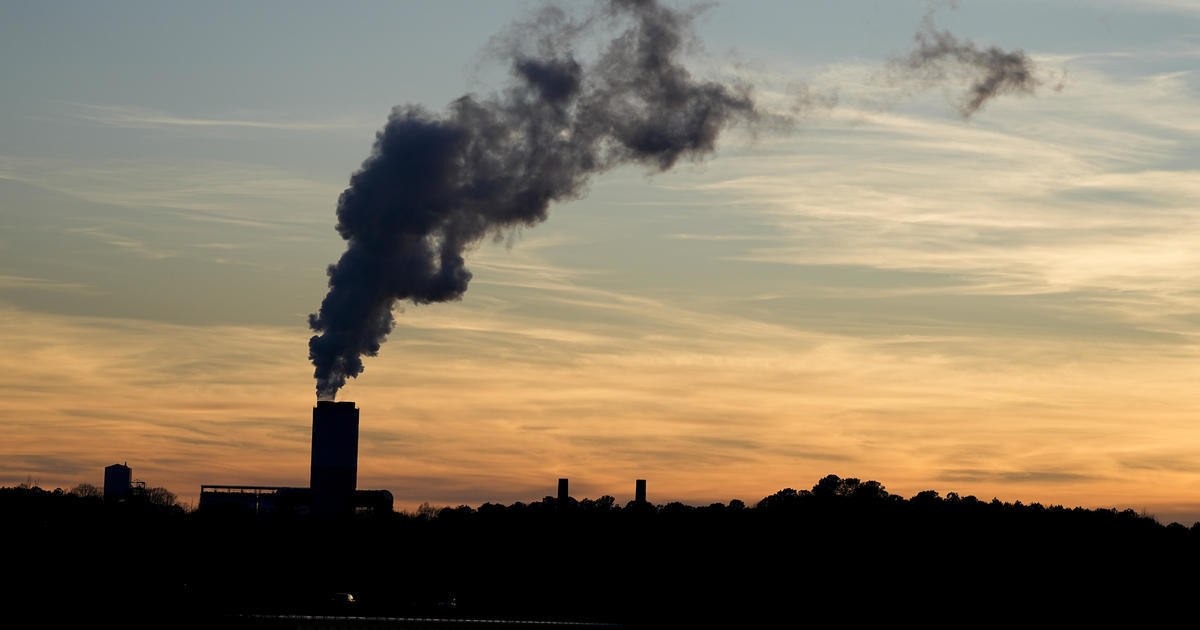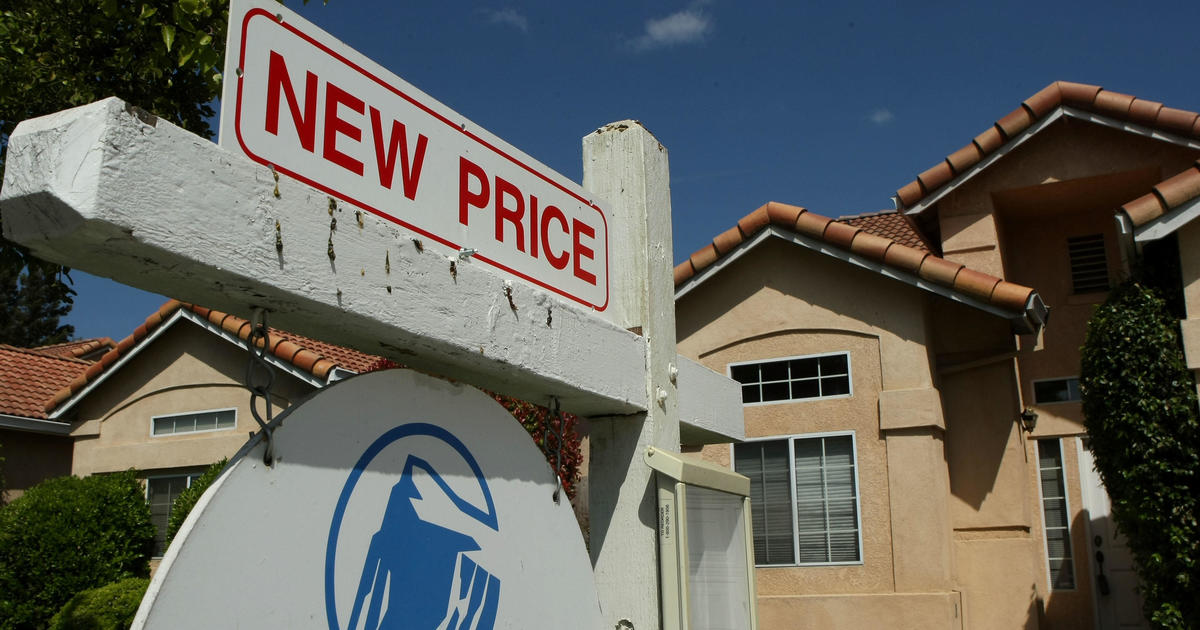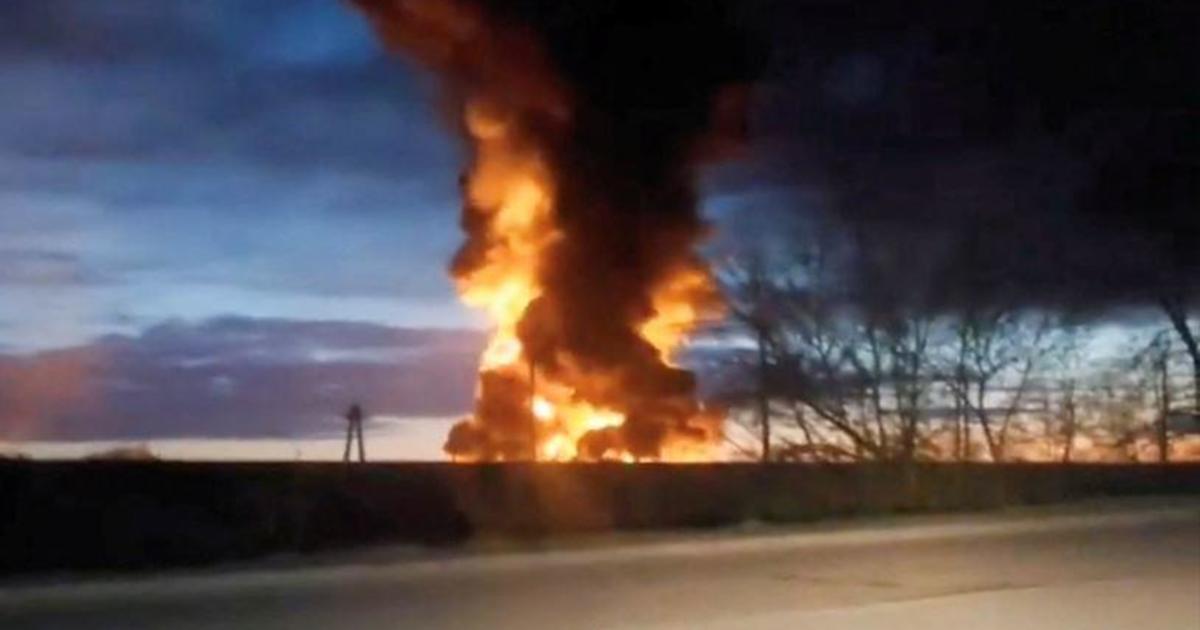PG&E bankruptcy shows we don't know how to pay for climate change
Scientists recently suggested that corporations have vastly underestimated the costs of climate change. The impending bankruptcy of Pacific Gas & Electric could be proving them right.
The fires that raged through California in the past two years have been the some of the most devastating to ever hit the state, according to Cal Fire. In 2017, they did as much damage as all the wildfires in the prior 16 years, according to some estimates. That record stood for less than a year before it last November's disasters eclipsed it. The Camp Fire, which destroyed nearly 19,000 homes and took at least 86 lives, was the most destructive in California's history.
"This is the new abnormal," former Gov. Jerry Brown said.
Experts agree that a changing climate has made wildfires more frequent and more damaging. Longer, drier summers have extended the typical wildfire season and made trees more susceptible to burning, according to a recent U.S. government report on climate change. But wildfires aren't just a seasonal event anymore. Now they're a year-round threat -- and not just in the West. The Southeastern U.S., which has historically not seen wildfires, is increasingly at risk, as the 2016 fires in Tennessee demonstrate.
Meanwhile, infrastructure hasn't kept up. A 2015 review of U.S. infrastructure found that the biggest threat to it, "by far," was climate change. And that's complicated by the reality of more people living in wooded and fire-prone areas, in houses that are increasingly more expensive and may not be fireproof.
"We're continuing to build in areas in the urban-wildfire interface, and it's going to lead to damages to the larger economy," Nik Steinberg, head of analytics for Four Twenty Seven, a climate-change research group, recently told CBS MoneyWatch.
State of constant crisis
It's possible to prevent power lines from sparking fires or power outages by putting them underground. But that option was found to be so expensive that a utility watchdog group said it was "really not feasible," according to the San Francisco Chronicle.
And despite a state of constant crisis for infrastructure, other spending priorities -- often for more immediate needs -- mean it's almost inevitable that maintenance and investment get shifted to the back burner.
"I've had countless delays on our projects when we're trying to get infrastructure built or work, and we have a call from PG&E that they have to postpone that work because of a mudslide, or downed power lines," said Brian Curtis, CEO of Concentric Power. "When you're doing that all the time, it's hard to keep up with preventative maintenance."
Curtis, whose company builds microgrids, advocated for letting private customers build out parts of the grid, which they would then be responsible for maintaining. "If you're an industrial consumer and you want to build your own generation or even just connect to the grid, the utility ends up building the infrastructure, but you're the one who ends up paying for it," he said.
"There's a growing anger"
Plenty of people in California fault PG&E for not doing enough to mitigate the fires. Hearings before California's utility regulator have been flooded with people calling for criminal prosecution of the utility's executives.
"There's a growing anger," Steve Zeltzer, a longtime Bay Area activist, told CBS MoneyWatch recently. "People feel like there's no accountability, and these executives violate the law and get off scot-free while lives have been destroyed and communities have been destroyed."
Democratic Senator Jerry Hill this week accused the PG&E of being "dishonest" and "prioritize[ing] profits way over safety," he told the Associated Press. "I don't believe it will change unless there is some sort of restructure."
There's no guarantee that PG&E's bankruptcy -- which would be one of the biggest by a U.S. company --will lead to the desired result. What's almost certain, however, is that the nearly $30 billion in damages PG&E potentially faces would be dramatically reduced in bankruptcy.
Under California law, utilities must pay for wildfire damage if their equipment caused the fire, even if negligence wasn't involved. In most other states -- and for other types of natural disasters -- liability requires evidence that the utility was negligent. That system no longer works in a world where wildfires are more frequent and more destructive, said Ralph Cavanagh, co-director of the climate and clean energy program at the Natural Resources Defense Council.
"If you want electric service, you're going to have to find a different way to structure the system because no utility will survive. That's the lesson here," he said.
Since all California utilities face similar challenges, Cavanagh is worried that crippling PG&E wouldn't only eliminate a major investor in the state's clean-energy infrastructure. It could also spell doom for some of the very companies that have been at the forefront of decarbonizing the economy -- an effort that's key to the fight against climate change.
"Nationwide, our utilities are cutting their emissions, cutting their carbon. It's a glorious success system for the country as a whole," he said. "Trying to maintain that momentum without your hometown utility is a losing proposition."
No more insurance?
The insurance industry is demonstrating one way to handle rising costs: pass them on to homeowners in the form of high "wildfire deductibles." Some insurers, faced with higher payouts, could outright refuse to insure homes in wildfire-prone areas.
Lawmakers recently let PG&E raise rates to cover the costs of the 2017 wildfires, but they balked at repeating that after the vastly more expensive disasters of 2018. Vox asked: "How does a utility price in the risks of rising temperatures and stay in business?"
The answer is still somewhere out there.



